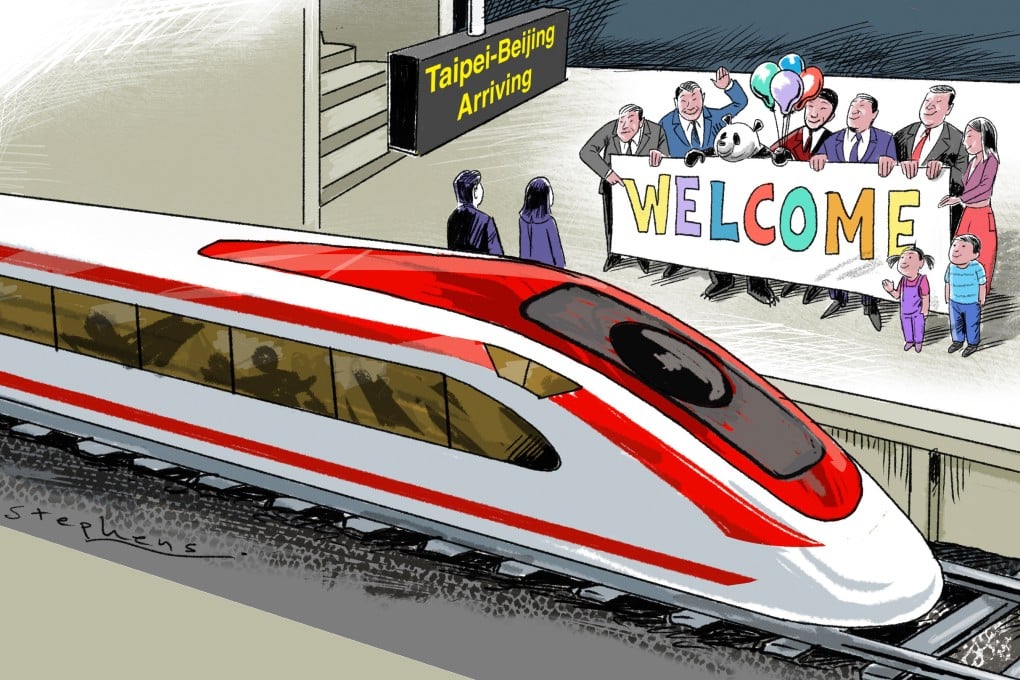Opinion | Beijing is already prepared for Taiwan reunification
- Despite the results of Saturday’s election, many young Taiwanese have come to recognise the economic, security and cultural benefits of reunification
- Both sides could sit down and talk soon, but if the DPP continues to push for independence, a military resolution would be on the cards

“I hope to get a Chinese passport and become a Chinese citizen,” a Taiwanese student once told me. “Only by being Chinese can we have confidence and become the most powerful country in the world. If we remain only Taiwanese, we are but a mere vassal of the United States.”
That’s why one of the three candidates in Saturday’s election said he does not support independence while another said there is no point talking about it. I am optimistic that mainland China and Taiwan will sit down and talk soon, and the two sides will find a path forward to a truly reunified China.
Mainland China is already prepared for cross-strait reunification. Beijing has set 2035 for the completion of construction of a cross-strait bridge. Popular sentiment has been captured by a song by a mainland artist about his desire “to sit on a high-speed train to Taipei”.
